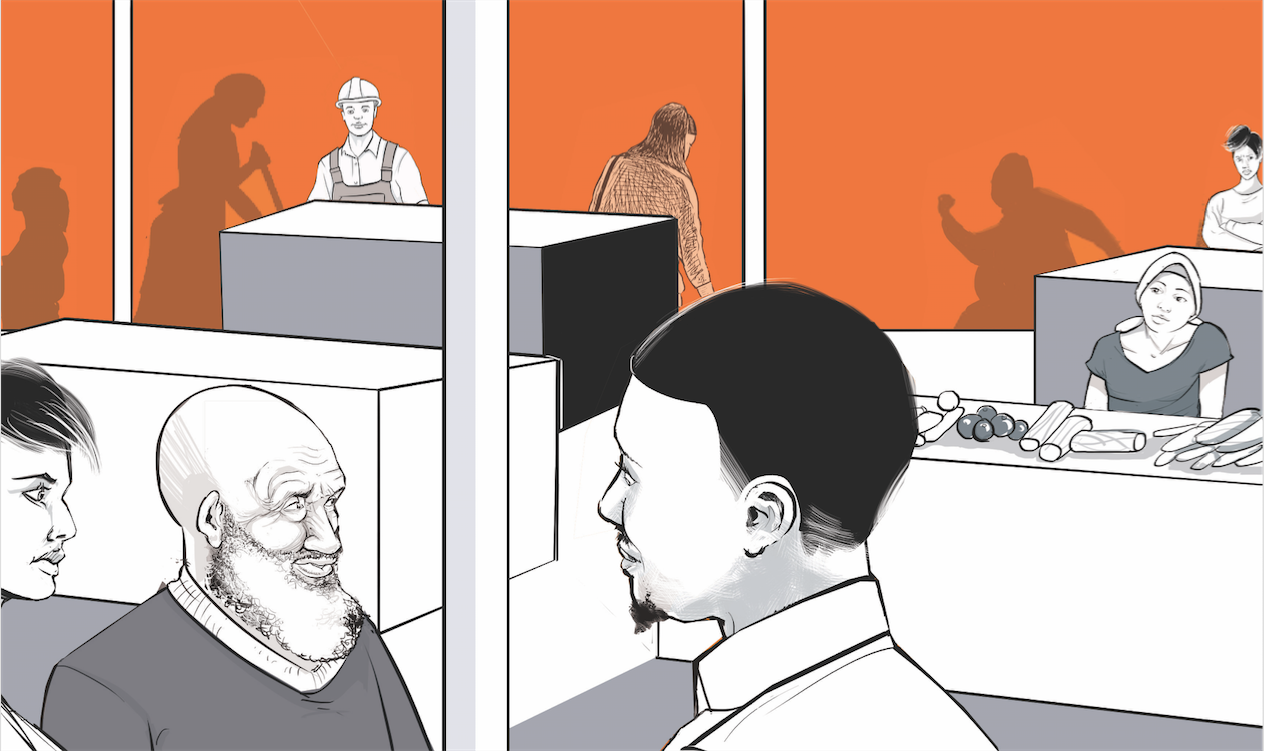
When you walk through any Kenyan city or village, there
is one thing that you will always see: small businesses happening in real time.
Whether it be chapati vendors or fruit sellers, cell phone credit hawkers or
souvenir businesses, the streets of Kenya have it all.
When Covid-19 swept across the globe, these micro, small and medium enterprises faced daunting challenges. Many were searching for a lifeline to help them survive, adapt and thrive. Recognising this urgent need, the World Bank partnered with the Government of Kenya to launch the Supporting Access to Finance & Enterprise Recovery Project in 2022. With a five-year, $100 million commitment, SAFER set out to boost financial access, strengthen business capabilities and support MSMEs on their road to recovery.
With the threat of Covid in the rear-view mirror, SAFER not only helped businesses weather the storm, but it’s also now creating new opportunities for growth and employment.
October 17 was International Day for the Eradication of Poverty. We took a closer look at how this important project is impacting small businesses and job creation across Kenya, because we know that jobs are critical to lifting people out of poverty. We focused on what is working and why, to inspire efforts going forward.
Improving workplaces and creating jobs
Job creation is at the heart of SAFER’s mission. Project results show that 56 per cent of MSMEs surveyed have created or improved jobs, averaging 3.3 new positions per business (with men-led businesses creating slightly more jobs than women-led ones). SAFER has supported MSMEs to allow them to offer more stable employment, better wages and timely payments.
Businesses have also invested in equipment, improved workspaces and provided benefits like meals, transport, health insurance, paid leave and personal development opportunities. Moreover, employees are learning about savings and financial planning, empowering them to build brighter futures.
In short, SAFER is making a difference not just in job numbers, but in the quality of the jobs benefiting from the project. Robert, an animal feed producer, indicated that financing through his Savings and Credit Co-operative Organisation enabled him to move from dependence on external suppliers to establishing his own production facility.
This strategic shift has resulted in the expansion of his business across two locations within the country and has facilitated an increase in the number of permanent staff employed at these sites.
Financial stabilisation and business growth
By July 2025, the project disbursed Sh1.96 billion (about $15 million) to 37,384 MSMEs, supporting or improving 26,400 jobs. About 94.4 per cent of MSMEs supported by the project attest to the support of the SAFER project and that SAFER loans helped them perform better and achieve tangible results. This includes sparking business growth, stability and diversification.
The momentum continues—an additional $30 million (Sh3.8 billion) is now available for financial institutions to help even more MSMEs grow. Lucy, a horticultural farmer, noted that funding provided by the SAFER project allowed her tomato farm to expand from one acre to 10 acres. Consequently, she is now able to produce a significantly higher yield of tomatoes, fulfilling both domestic requirements and exporting to Uganda. Furthermore, this growth has led to an increase in the workforce, with the number of employees rising from 10 to 15, and up to 50 wage workers employed during the peak harvest season.
Future sustainability and scalability
Sustainability is a cornerstone of SAFER’s approach. In fact, 94.7 per cent of MSMEs believe the positive effects will continue past 2026 with confidence and that the benefits will last well beyond the project’s end. The revolving nature of SAFER loans means more businesses will benefit over time, spreading long-term impact across Kenya’s entrepreneurial landscape.
In addition, SAFER has built significant implementation capacity for the Kenya Development Corporation – the key implementing partner for SAFER as well as the partnering financial institutions in terms of (i) targeting eligible beneficiaries and originating loans based on clear viability and sustainability indicators, (ii) price loans based on the risk profile of borrowers and (iii) monitoring and collection of loans and safeguarding the health of the loans portfolio.
This operational model has gained the attention of various development partners, who are exploring opportunities to expand the SAFER programme to serve additional beneficiaries and further its impact.
Sustainability, recommendations and next steps
As SAFER moves forward, its focus on sustainability and growth aims to strengthen the backbone of Kenya’s economy. MSMEs account for 40 per cent of the country’s GDP and are a vital source of employment. With continued support, the SAFER project will continue supporting businesses to build resilience, create jobs, and drive Kenya’s long-term development.
Senior financial sector specialists at the World Bank















